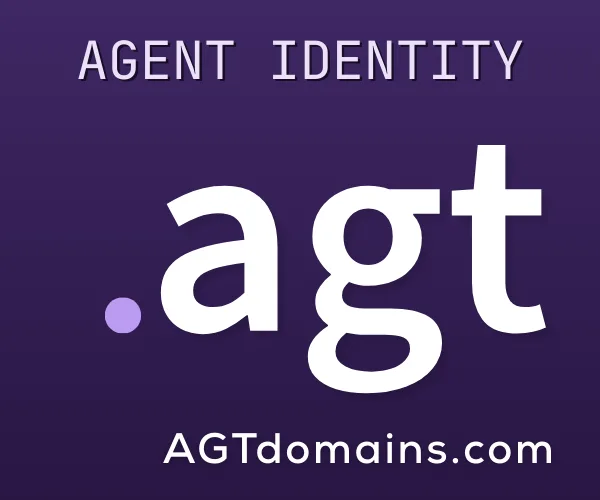In domain investing, every character counts — including whether a domain name is plural or singular. This nuanced aspect of domain names can significantly impact their valuation, marketability, and suitability for various online ventures. Let's dive into the intriguing debate between singular and plural domain names to understand which is more valuable and in which situations.
The Importance of Domain Name Selection
Choosing the right domain name is similar to selecting a prime location for a brick-and-mortar store. It's not just about the address; it's about the potential traffic, the ease of access, and the memorability of the location. In the digital realm, a domain name serves as the first point of interaction with the audience, influencing perceptions, brandability, and ultimately, the success of the online presence.

Singular vs. Plural: An Overview
Before delving into their respective values, let's define what we mean by singular and plural domain names:
- Singular Domain Names: These are domains that use the singular form of a noun, such as "Car.com." They often focus on a single concept or entity.
- Plural Domain Names: These domains utilize the plural form of a noun, like "Cars.com," suggesting variety or a collection.
Understanding Their Value: Factors to Consider
The value of a domain name, whether singular or plural, hinges on several factors:
- Brandability: How well the domain can be used as a standalone brand.
- Memorability: The ease with which the domain name can be remembered by the target audience.
- Search Volume and SEO: The number of searches for the keywords in the domain and their relevance in search engines.
- Market Demand: The current and anticipated demand within the specific industry or niche.
- Commercial Intent: The potential of the domain to be used for a business or commercial venture.
Example Sales Data: A Comparative Look
To ground our discussion in reality, let's examine some real domain sales data comparing singular and plural forms:
- Car.com vs. Cars.com: While specific sale prices may not always be public, the domain "Cars.com" was valued at $872 million during its acquisition by Gannett in 2014, as part of a larger transaction. This valuation underscores the immense potential value of plural domains in certain contexts, particularly in industries where variety and selection are key.
- Candy.com vs. Candies.com: "Candy.com" was sold for $3 million in 2009, a landmark deal that highlighted the value of singular domains in the context of brandability and marketability. The sale of "Candies.com," while not as publicly documented, would likely fetch a lower price due to its less direct association with the singular, widely recognized term for the product.
- Toy.com vs. Toys.com: "Toys.com" sold for $5.1 million in 2009, demonstrating the high value placed on plural domains that represent entire categories of products or services. Such domains are particularly appealing to retailers and e-commerce platforms seeking to dominate a market segment.
When Singular Shines
Singular domain names often excel in situations where brandability and identity are paramount. They can be particularly effective for:
- Startups and Tech Companies: Singular names can convey innovation and uniqueness, essential qualities for new ventures in competitive markets.
- Premium Brands: Luxury brands and premium services benefit from the exclusivity and focus of singular domain names, emphasizing their offering's uniqueness.
The Power of Plural
Plural domain names tend to stand out in scenarios where breadth, variety, and comprehensiveness are desirable qualities:
- E-commerce Platforms: Sites offering a wide range of products or services leverage plural domains to communicate the extent of their offerings.
- Informational and Resource Sites: Domains that aim to serve as comprehensive resources on a topic often use plural forms to imply a wealth of content.
Strategic Considerations
Deciding between singular and plural forms depends on your strategic objectives. Here are some guiding considerations:
- Audience Expectation and Common Usage: Consider what your target audience is likely to search for and which form aligns with their needs and expectations. Cars.com is superior to Car.com because if consumers are searching for a new or used car, they are more likely to use the word "cars" in their search.
- Market Positioning: Your choice should reflect your market positioning — whether you aim to be a one-stop shop (plural) or a specialized provider (singular).
- SEO Strategy: Analyze which form has better search performance and competition levels for your target keywords.
It's All About Context
In the domain name realm, the debate between singular and plural forms doesn't have a one-size-fits-all answer. The value of a domain name is context-specific, influenced by brand strategy, market demand, and the intended use of the website.
Whether you lean towards a singular or plural domain, the key is to conduct thorough research, consider your long-term business goals, and understand your audience's preferences. In the digital real estate market, making an informed choice can set the foundation for online success and significant return on investment.




